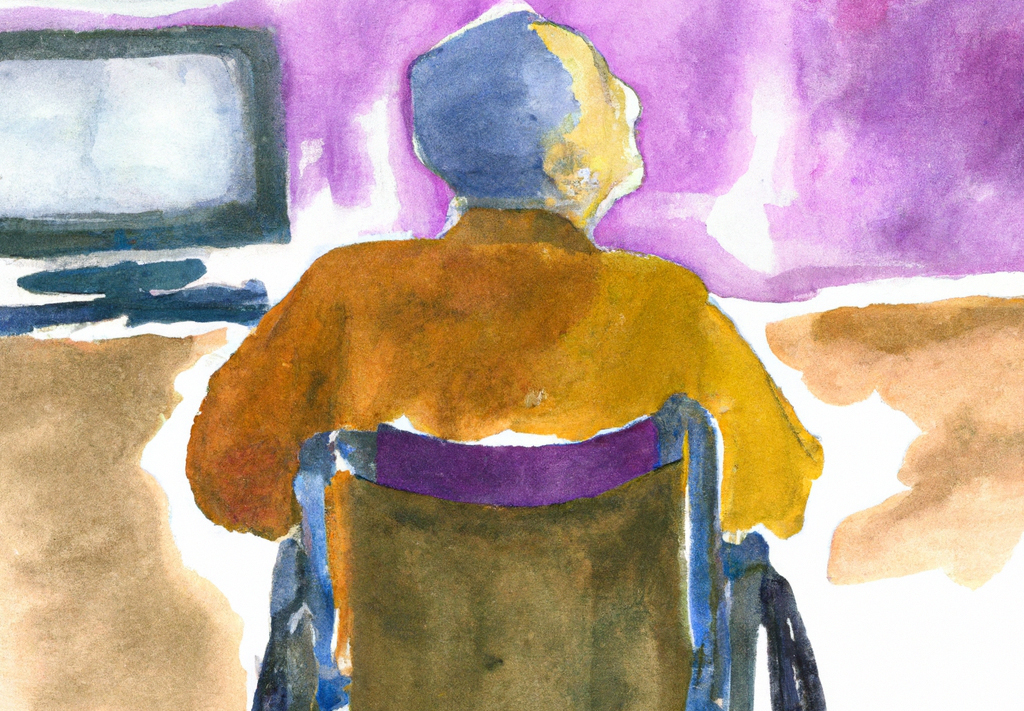
The Snooze Button May Damage Your Heart
Caring for a relative with Parkinson’s or dementia can be a challenging and emotionally draining experience. I find myself repeatedly telling families that they do not have to shoulder this responsibility on their own. It is ok to seek help from professionals. Reaching out for help is important for your loved one, and it is also important so you can take care of yourself. When Jamie reached out to my CarePatrol office, she had been caring for her husband with Parkinson’s for several years. With her daughters help, the mother/daughter team had been doing an amazing job considering the circumstances. Now they had reached their limits. We scheduled a family meeting so I could meet with Sam, and help the family with a long term care plan.
Jamie and her daughter were well educated about Sam’s Parkinson’s and his cognitive impairment. They had read books, attended support groups, and modified their home to accommodate his physical needs. They learned how to assist with toileting, dressing, feeding, bill paying, decision making and more. When families provide care for a loved one over a long period of time, they develop a routine. Jamie and Jesse excelled at these tasks. However, as they became full time caregivers, one consequence was that they forget how to be a wife and daughter to Sam. The daily routine left out compassion. They had lost it along the Parkinson’s/dementia journey.
Sam was sitting in his chair, staring at the TV that had no volume. He appeared devoid of thought. Jamie started our meeting with a long list of complaints and frustrations. I asked her if we could move the conversation to another room so Sam would not hear the negative comments. She told me not to worry, and was adamant that “He doesn’t understand what we are saying.” She continued, “Sam was a cardiologist and worked hard his entire career. We had plans to travel. I never thought our lives would turn out like this… I’ve spent more time changing my husband’s diapers then my children’s… I feed him, bathe him, dress him, wipe his nose and his butt. I may be better off if he died… I’m so tired that I hit the snooze button 5 times today and still could not get out of bed!
Sam, still starring at the TV, blurted out what sounded like “Aaadreeeenaliiiine!” Jamie hushed her husband. Again he mumbled, “Adrenaline!” and then slowly said “Hitting the snooze button can cause adrenaline to race through your body every time the alarm sounds. That can stress your heart. You need to get better sleep.” Mom and daughter almost fell off their chair. That was the best tension breaker ever. I’m sorry, but I laughed. For months they had assumed that Sam was unaware of his surroundings. He occasionally talked about TV shows as if they were real life and was fixated on the weather channel, but he had become a man of few words. When I asked them why they had assumed that Sam was not oriented to his surroundings, they said that since he was trapped in his rigid Parkinson’s body, the alternative was unthinkable.
Parkinson’s and dementia are degenerative diseases that affect a person’s physical and cognitive abilities, memory and personality. It can be a difficult experience for both the individual and their loved ones. It is not uncommon for family and friends to talk negatively in their presence, as if they were not there. This can be damaging and contribute to a sense of isolation and may erode their sense of self-worth. Individuals with Parkinson’s and dementia may still be able to pick up on negative comments and behaviors directed towards them. They may not be able to respond or react in the way they once did, but that does not mean that they are not affected by the negativity directed towards them. What we can’t lose sight of is that we must continue to treat people with compassion and respect, even though they may not be able to communicate normally or remember as well as they used to.
Sam had physical needs that could no longer be accommodated at home. He needed specialized programming and professional care. I worked together with the family to find an appropriate assisted living that could accommodate his care needs. We also developed a care approach that focused on positive interactions and moments of connection. Sam’s new schedule included activities that he enjoys, such as listening to music, putting lotion on his hands, looking at old photos and simply spending time with other people. Armed with new perspective, insight and professional help, Sam’s family is helping assure that he Finishes Strong.